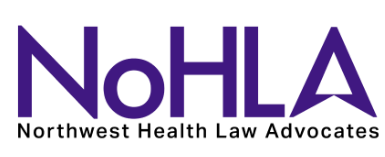A lawsuit from 18 states will move forward challenging the elimination of cost-sharing reduction (CSR) payments. However, the judge denied the states’ request to require the federal government to continue making payments, finding there was insufficient evidence of immediate and irreparable harm to states and consumers. The elimination of CSR payments will primarily impact Exchange enrollees who are not receiving premium assistance (for example, a family of 3 earning more than $81,680 per year). Enrollees receiving premium assistance will have the increased cost covered by the federal government. Ironically, this will cost the federal government an additional $6 billion in 2018, and increase the federal deficit in subsequent years.
Non-subsidized Exchange premiums are increasing in 2018, in part because of the elimination of CSR payments, but also because of rising medical and prescription drug costs and overall uncertainty about the marketplace. Nationally, the average benchmark (second lowest-cost silver) plan will cost 37% more in 2018 than in 2017. Washington State will experience an average 36.4% increase of monthly health plan prices. The Health Benefit Exchange produced estimates of what monthly premiums would be for a 40-year-old, nonsmoking King County resident with the lowest-priced silver plan. For example:
- For Premera Blue Cross customers, monthly premiums would go from $406 this year to $529 in 2018, an overall 30% increase; 10% of that would come from Trump stopping the insurer subsidies.
- Molina Healthcare consumers would see premiums rise from $253 to $385, according to the Exchange, with 12% of the increase attributable to unfunded subsidies.
- Kaiser Foundation Health Plan of Washington premiums would jump from $276 to $404 next year, with 23% of that due to ending the subsidies.
We do need to present this information in context – most people will not be impacted by these premium increases because they receive employer-based coverage, Medicaid, subsidized premiums, or other coverage. The messaging from Washington, DC can be confusing.
- Only 10 million are enrolled in Exchange coverage nationwide.
- In Washington State, there are 200,000 people enrolled through Washington Healthplanfinder, but only 110,000 of them in silver plans. Approximately 37,000 are non-subsidized.
- Medicare, Medicaid (covering about ¼ of Washington residents), and employer-based coverage remain largely unaffected by these changes.
Last week the Administration also released proposed rules that would allow states to reduce covered benefits from the current standard package. We do not expect significant changes in Washington State. However, consumers in other states may be affected.


